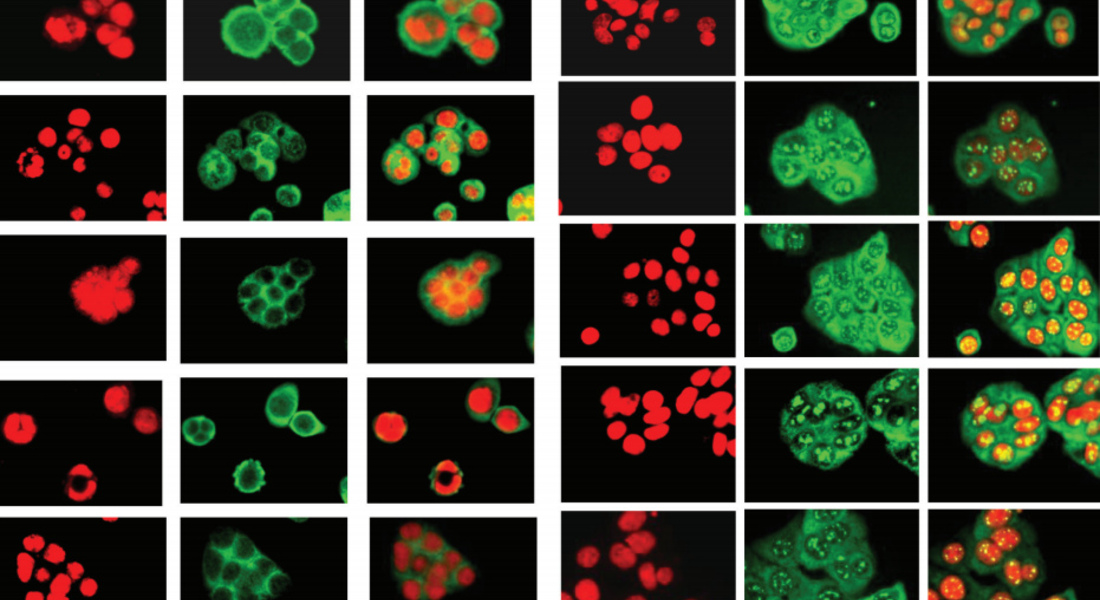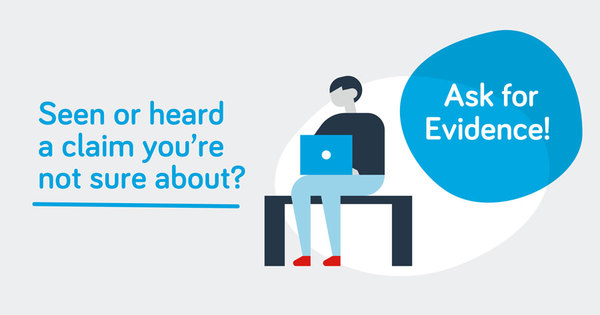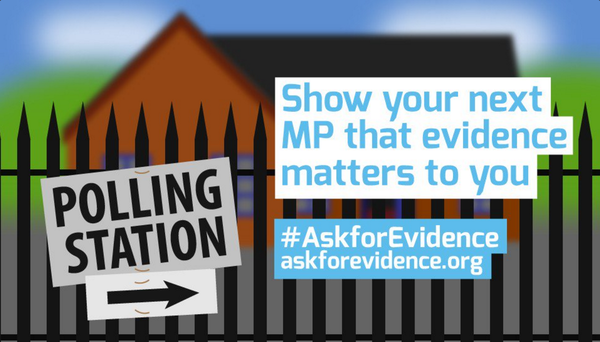Ask for Evidence infographic
If you’re not sure about something you’ve read or seen, follow these simple steps to #AskforEvidence? [...]

If someone asks you something and you don’t know the answer, what do you do? You Google it. The internet is one the most powerful tools at our disposal, and patients are no different from anyone else. A YouGov poll conducted for Macmillan found that 42% of cancer patients used the internet to find information about their diagnosis; 1 in 8 said that they went online because they didn’t understand what they had been told about it.
But one thing that we’re not always good at is challenging what we find and separating what’s trustworthy and what’s not. This is particularly serious when it comes to information surrounding cancer. It is easy to find unverified websites that are providing treatment claims that aren’t backed up by sound research evidence, such as that baking soda can cure breast cancer.
Macmillan Cancer Support are tackling the problem of misleading information online head-on by appointing a new ‘Digi nurse’ who will specifically address false claims about cancer treatments that patients find. Nurse Ellen McPake will answer direct questions from people looking for accurate information on cancer and point people in the right direction to reliable sources.
I think this is a great step for Macmillan to take. Sharing evidence in an accessible way is one of the most important things that medical charities and research bodies can do to help people. And now anyone asking for evidence behind cancer claims online knows there’s a qualified expert at Macmillan who can help.
You can read about and have a look at Macmillan’s new project here.

If you’re not sure about something you’ve read or seen, follow these simple steps to #AskforEvidence? [...]

I’ve been Asking for Evidence for a couple of months now and it’s interesting how organisations respond to it. I’ve had an array of responses: Polite but dismissive….. First up [...]
Every month there are dozens of news reports about medical breakthroughs and wonder drugs. The internet is cluttered with adverts and chat-room conversations testifying to ‘amazing’ benefits. [...]

Politicians like to claim a lot of things, from how they’ve reduced unemployment to how they plan on investing in renewable energy, but how prepared are they to provide the [...]
There is a system used by scientists to decide which research results should be published in a scientific journal. This system, called peer review, subjects scientific research papers to independent [...]

This will be an unusual election, and there’s a danger that candidates and parties will see backing up claims with evidence as less of a concern. But we can all [...]